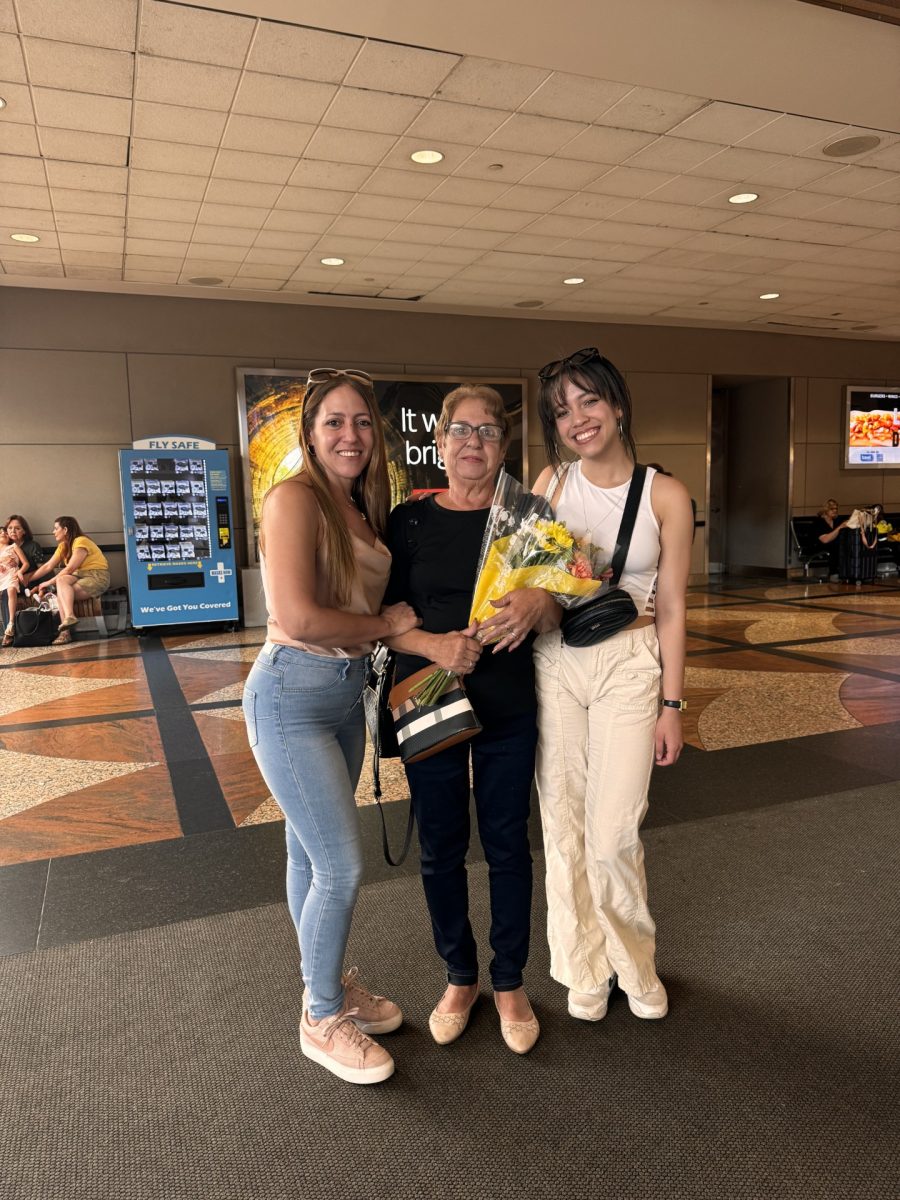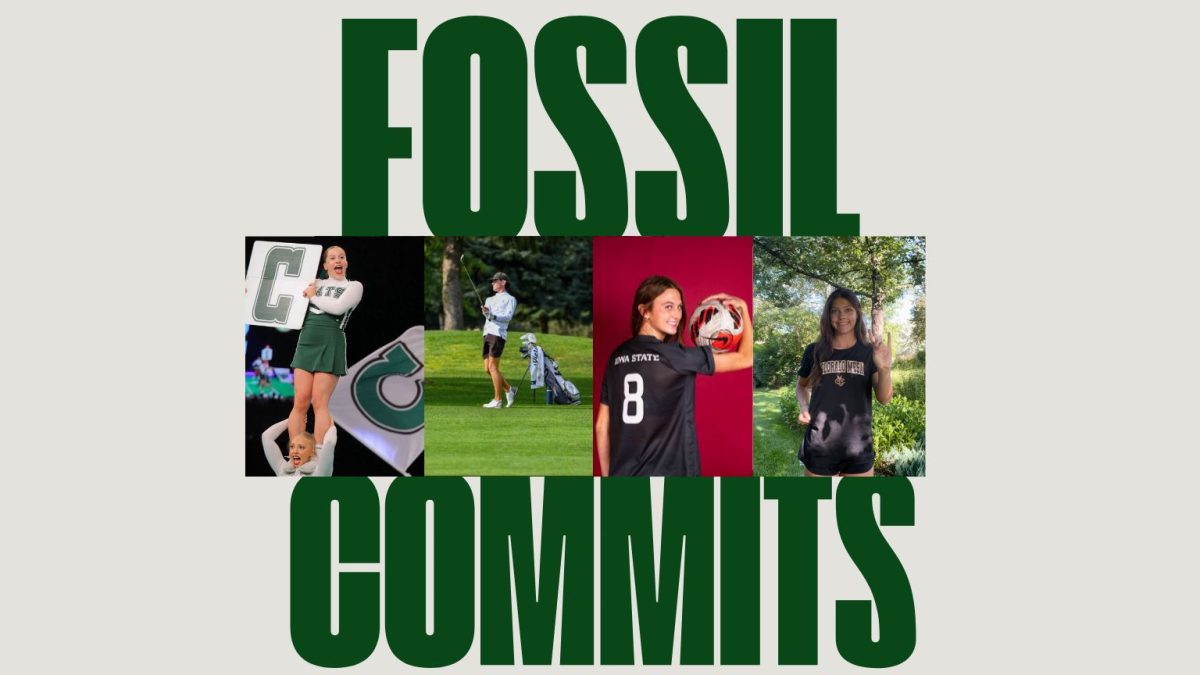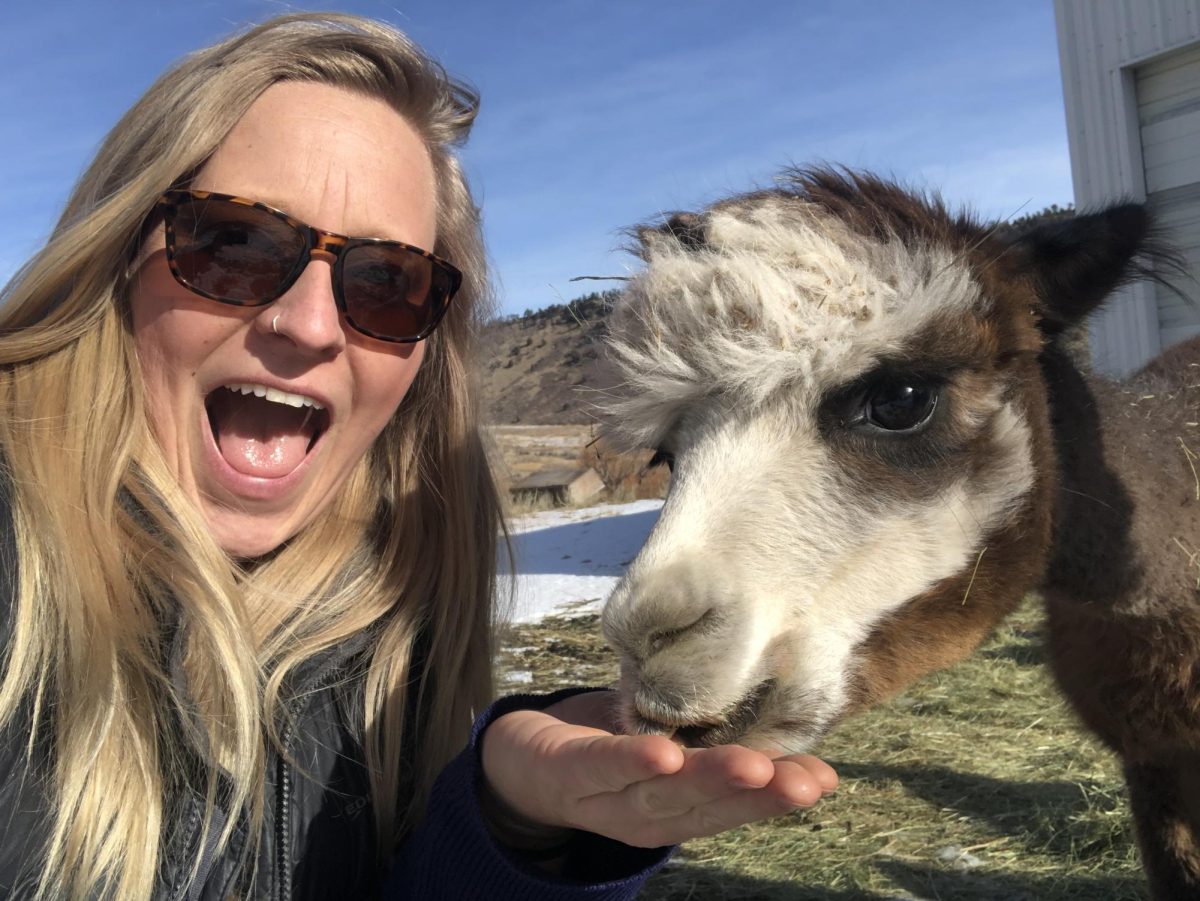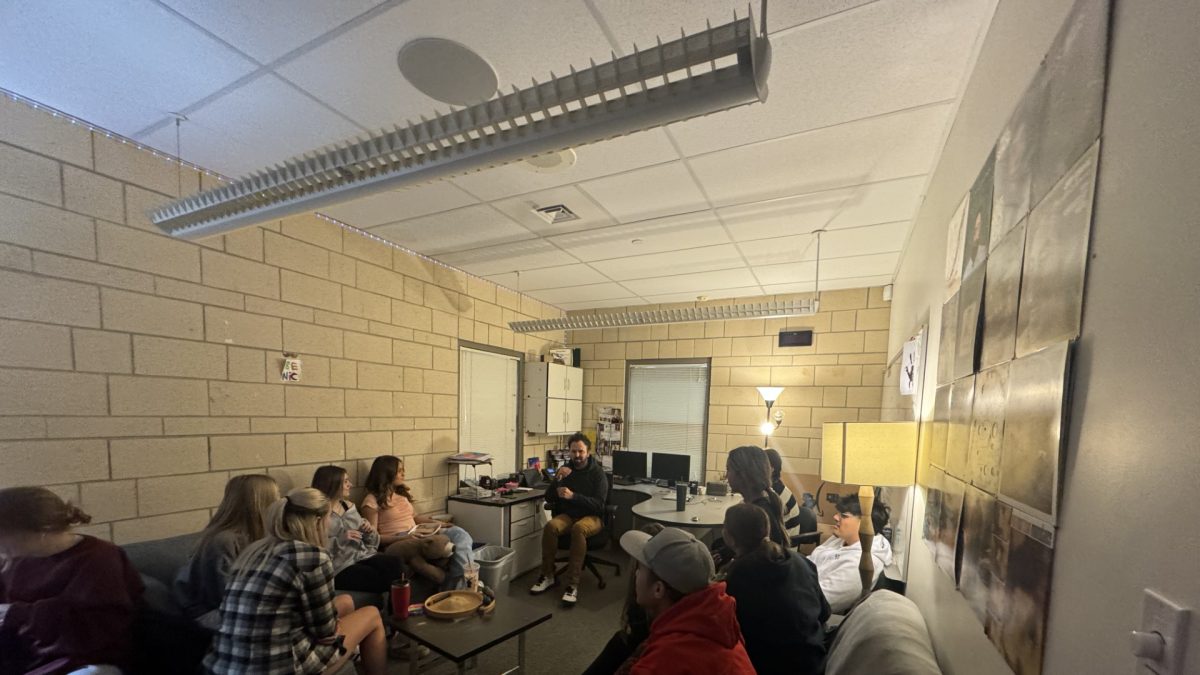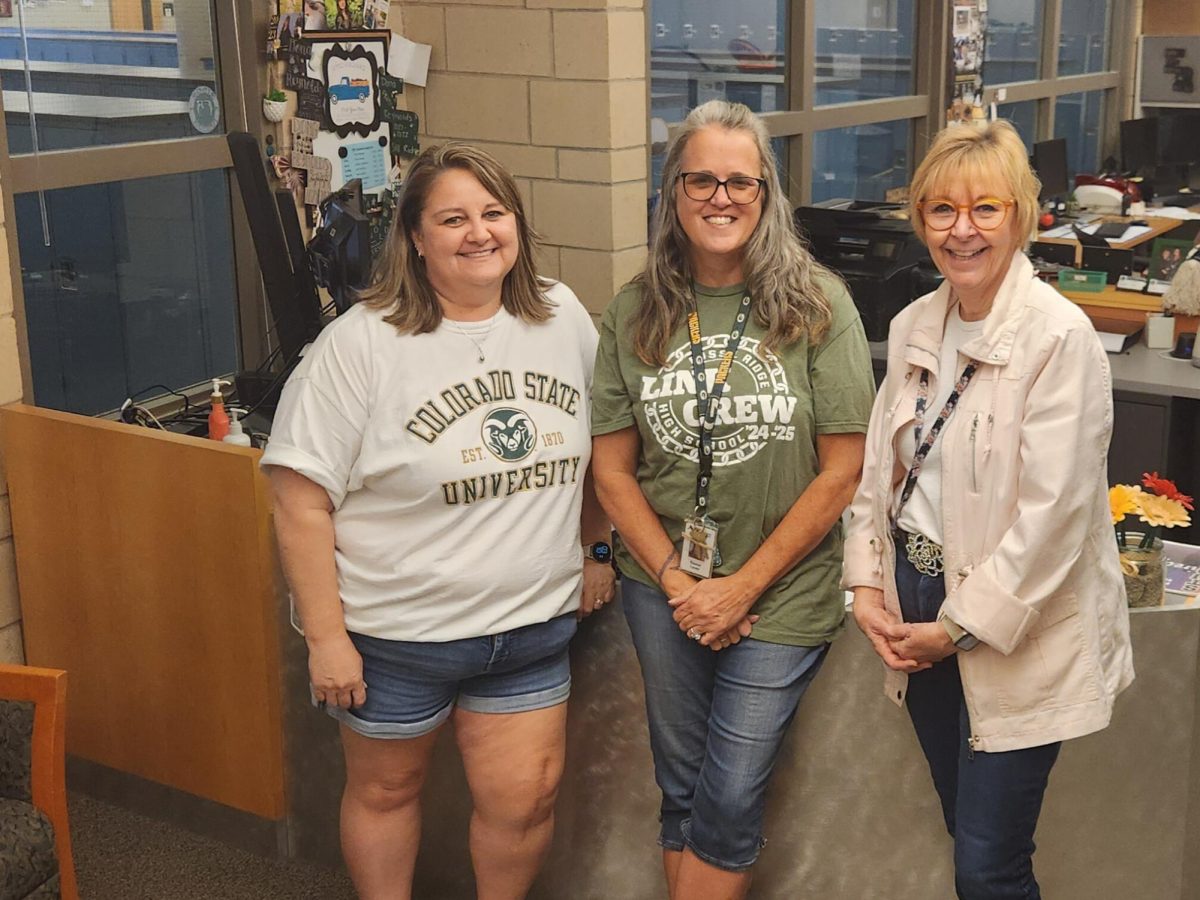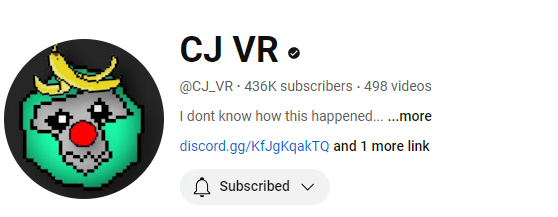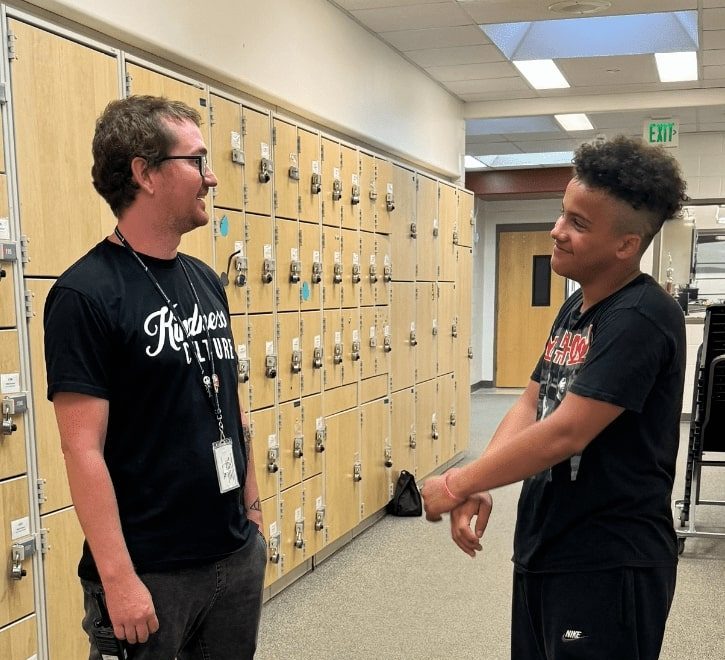“It was like, a new thing out of nowhere. I was like ‘Woah, so I’m going to the United States. That sounds like it’s going to be really different, but I feel like I was curious,’” said Fossil Ridge High School junior Zamira Hernandez about her family’s decision to leave Cuba.
In November 2021, at the height of the pandemic, Fossil junior Zamira Hernandez’s family made the decision to leave Cuba due to political and economic reasons.
The two-week journey from Cuba ended in Colorado, where her mom’s cousin had chosen to reside after immigrating earlier. They would support them throughout the process.
“We had them helping us,” Hernandez said. “And they were like, ‘So we saw this chance. So if you want to take it, this is the time to do it right now.’”
Hernandez was enrolled in the Eighth grade of middle school just a few days after arriving in Fort Collins.
“It was really shocking, like, different because first: language, second: people look totally different. Different styles, different ways of socializing with other people, it was really impactful,” she said.
Although taking advanced English classes helped her complete the required English Language Development program at a faster-than-average pace, it was not as helpful in conversation.
“They go from teaching you ice cream, and then everybody’s talking a lot differently, accent wise and grammar wise,” Hernandez says. “And you’re like, ‘Wow, this is like, completely different.’”
Aside from classes being about different things, school culture is also less strict in Colorado than Cuba.
“You actually have to study really hard to get a good grade,” Hernandez said. “And then here, teachers, it’s not that they are less strict. Here, I feel like schools are more open time wise, and they give a lot more opportunities.”

Not being able to join choir or band in Cuba, Hernandez ended up joining band in eighth grade, then switching to choir as a freshman.
“I never did music before coming here, because I never had the chance. So when I saw the chance, I was like, ‘Wait, what’s that? maybe this is something that I may like.’ And then I tried it, and I started liking it, and I kept going on.”
Anne Flemming, Fossil’s English Language Development teacher said moving to the U.S. presents challenges for her students, such as language barriers and social or academic challenges.
“There can be cultural differences as well — feelings of discomfort or frustration when exposed to a new culture,” Flemming said. “Another challenge is stress as their parents may be navigating new jobs and housing options. School systems are different in various countries.”
Fossil’s large size can be an added challenge, she said.
“Navigating how to get from one class to another and meeting new friends can be tough for any student,” Flemming said. “But being in a new country with a new language creates an exhausting situation.”
Cultural differences extend beyond the classroom walls. Holiday celebrations have a whole different take.
“The biggest thing for Americans, it’s Christmas. Christmas is the big thing, and then it’s the end of the year, and that’s it,” she said. “But for us, it’s the opposite. It’s more Christmas, and then the end of the year is the big thing.” Hernandez says.
Similarly with Halloween, her parents do not celebrate it as it is not celebrated in Cuba.
“I dress up every year, but for them, it’s like, ‘So we don’t have that in us, so we don’t know how to kind of celebrate that and give candies to kids.’”
Since Hernandez arrived here, it’s been easier for her to adapt, even faster than her parents.
“I think my parents are taking that process a little slower than me. You know, because they work instead of going to school. And sometimes it’s harder to get that adapted to how life is easily. For me, it’s easier because I already go to school and I get to like, know what things mean or what they’re for, easier than they would do.”
Generally, people in the U.S. have access to a wider array of things that are not available or as easy to get in Cuba.
“There are things happening with families moving here and sending things, so you might be able to see a couple of stuff. Some people buy stuff, then they send them to Cuba so they can sell it to other people and get money out of that. So you might see it, but it’s not even that much.”
Among other reasons, for many families, including Hernandez’, sending things to their family in Cuba is common practice.
Compared to the U.S., families in Cuba are more closely knit- When Hernandez moved, it was tough for the rest of the family, but they understood why.
“It was a really hard thing for them. We all grew up and we have been together for a lot of years. So very close-wise, and then it’s like, ‘I don’t know where you’re living,’ but they can understand, because of the economic reasons.’” Hernandez said. “So yeah, it’s like, here in the United States, you can make a bigger amount of money than what you can make in Cuba, so that can also help them.”
Similarly, in Cuba, she had grown up and went to school with the same group of people and friends. Hernandez occasionally still maintains contact with old friends in Cuba.
“In Cuba, you grow up with the same amount of people since you were little, because most people go to the same school, depending on your location. All the people that I grew up with are basically the same.” Hernandez says. “We’re still in contact. We communicate. Sometimes it’s different, because, yes, I definitely made another life here. They are doing their own lives in there. But we are still in contact.”
Even if lots of her family remains far away, Hernandez and her parents continue to contact and support them; currently, they are waiting to undergo a process that would allow them to visit the island.
“So right now it’s, like, calls, but they can come through, there’s a new rule that you, your family, can come for five years, during five years, coming on and off. And my grandma just got that, so she came a couple months ago, and she just left again, and she can come and go back anytime she wants.”
Although immigration caused many changes, Hernandez has been able to overcome many challenges that it brought and adapt quickly.
“I met Zamira in Fall 2022, as she was a student in my ELD class at the time. I remember her Preston ELD teacher sharing with me that she hoped Zamira would become more outgoing and build friendships, along with developing her language proficiency. It’s great to see that she’s accomplished that in a short time here at Fossil!” Flemming says.



